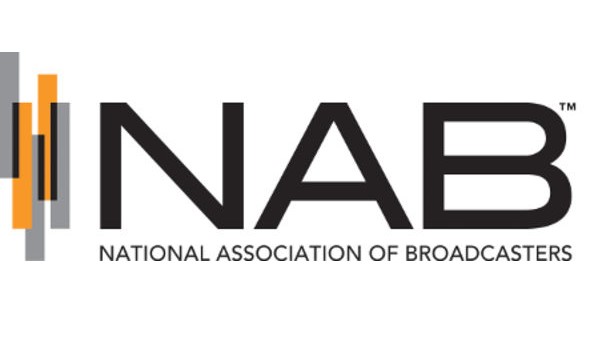Additional EEO Rules Are Unjustified and Unnecessary, According to NAB
WASHINGTON—In this latest series of articles on the FCC’s Notice of Proposed Rulemaking on EEO rules, the National Association of Broadcasters takes a stance that is shared by other broadcasters who have publicly commented in the ECFS database—that there is no evidence of discrimination in broadcasting that justifies additional regulation or that more EEO rules will actually increase employment diversity.

The NAB filed their reply comments as part of the FCC’s request for reply comments on the commission’s Equal Employment Opportunity Compliance and Enforcement Notice of Proposed Rulemaking.
“Instead of imposing more top-down, unproductive obligations, the commission should focus its efforts on practical measures that will directly impact diversity,” the NAB said, such as increasing public awareness of EEO opportunities and industry education.
The NAB also took a stand against a proposal suggested by a group of EEO supporters that called for more frequent EEO audits. Rather, the NAB said, the FCC should minimize the unjustified burdens of EEO audits by eliminating audits for small broadcasters.
“The record does not contain a shred of evidence of discrimination in broadcasting,” the NAB said in their comment filing. The NAB said that the group relies on conjecture to argue that intentional discrimination is a widespread problem in broadcasting and that it demands additional regulation.
“Moreover, to our knowledge, the commission has conducted tens of thousands of reviews of broadcasters’ EEO programs since the rules became effective in 2003, without one finding of discrimination,” the NAB said.
As other broadcast groups have done in this proceeding, the NAB also raised the question of constitutionality. “The existing rules already push the boundaries of constitutionality. No previous version of the commission’s EEO rule has survived judicial scrutiny, and the current rules persist in part because they have never been challenged,” the NAB said.
The professional video industry's #1 source for news, trends and product and tech information. Sign up below.
“[I]mposing more rules, especially the collection of data about the racial and gender composition of a station’s workforce on Form 395-B, could threaten their sustainability,” the NAB said. Thus, the commission should be extremely wary of imposing additional EEO requirements.
Comments on the FCC’s EEO proposed rulemaking can be seen in the commissions’ ECFS database using Media Bureau Docket Number 19-177.
Susan Ashworth is the former editor of TV Technology. In addition to her work covering the broadcast television industry, she has served as editor of two housing finance magazines and written about topics as varied as education, radio, chess, music and sports. Outside of her life as a writer, she recently served as president of a local nonprofit organization supporting girls in baseball.

